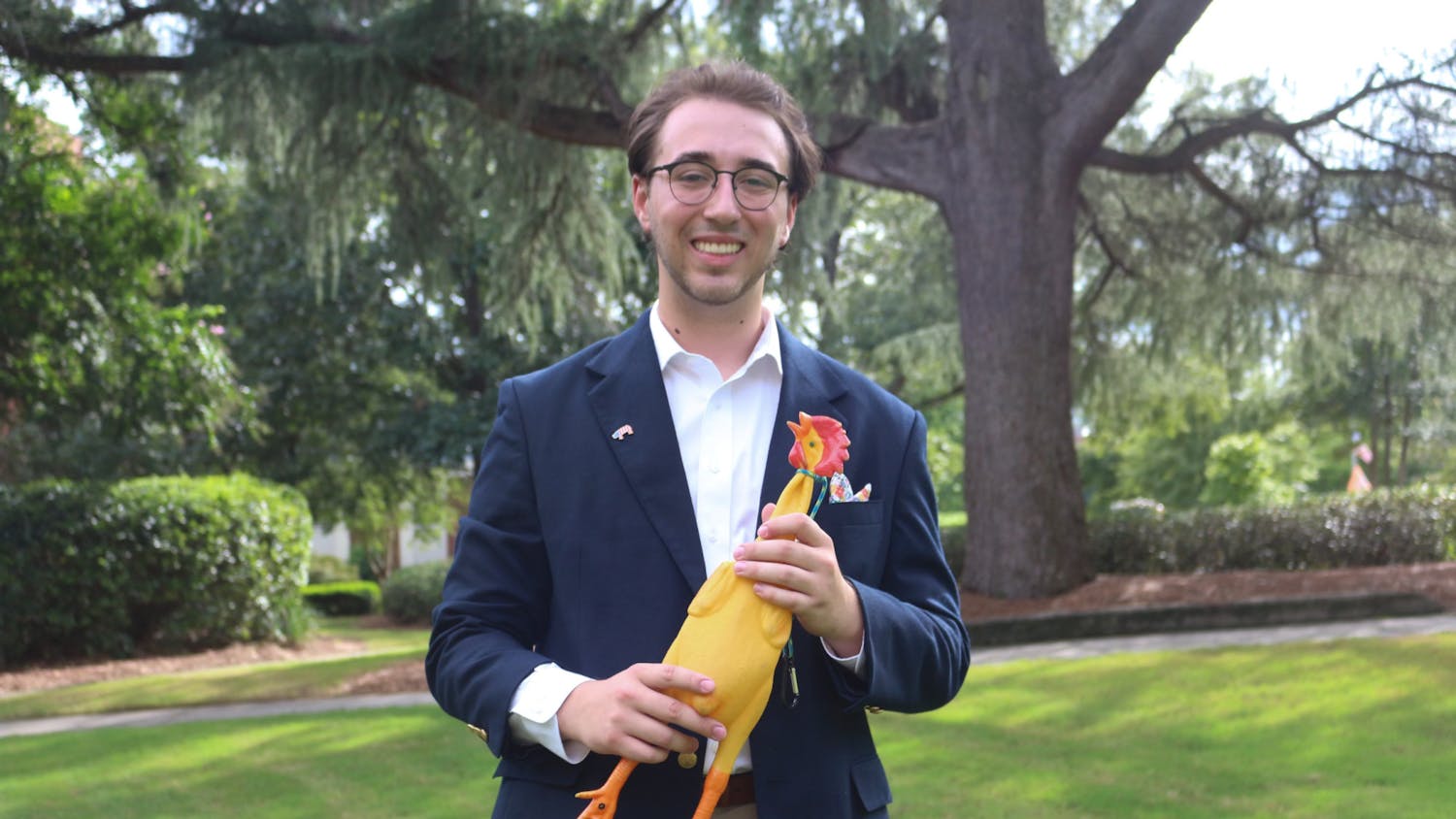The recent collaboration of the National Aeronautics and Space Administration (NASA) and the Indian Space Research Organization (IRSO) has re-sparked a worldwide interest in space exploration. On Sept. 30, representatives from the two organizations announced their plans to launch a cooperative mission to Mars by the year 2020. The document arranges a plan for these institutions to meet annually in order to discuss the prospective expedition. The goal is to learn more about the Red Planet and to improve technology so that interplanetary space travel may become a potential reality. In 2008, the Indian/American space exploration partnership was responsible for discovering evidence of water on Mars. NASA administrator Charles Bowden believes this alliance will yield tangible benefits not only to the countries involved but to the rest of the world as well.
While most people support the idea of space exploration in theory, the majority of the population is not willing to personally open up their wallets to fund it. Between bills, taxes, college and the fees of life in general, this reluctance is understandable. However, we need to fight the socialized need for instant gratification. Space exploration is an investment for the betterment of mankind.
People against space exploration argue that there are no direct benefits. With this mindset, it is logical to assume that these people do not invest in stock or college educations either. An investment is something that MAY prove profitable in the future. It is a risk one must be willing to take. Any form of exploration is worth that risk. If Columbus and Magellan had decided it was too risky to attempt to circumnavigate the world, we all might very well be crowded up in Europe to this day. Steven Dick, a former astrobiologist for NASA, said that “someday historians will be writing about whether or not we chose wisely, not only to make a proposal to explore, but also to fund it.” It is our responsibility to make future generations proud of our decision to continue space exploration.
Unfortunately, lives have been lost in our attempts to study outer space. However, these noble astronauts knew throughout their journey with NASA that they were contributing to a cause much greater than themselves. While paying respect to the lives that were lost, we also need to take into consideration the lives that space exploration has saved. The technology that NASA invented to take pictures of the moon is the same technology that is in the local hospital down the street. MRI and CAT scans are able to painlessly detect cancer and other terminal illnesses in their early stages, making these detrimental diseases more treatable. This directly beneficial technology that stemmed from space exploration has saved the lives of innumerable amounts of people. Additional benefits include the cell phone camera, water purification technologies, scratch resistant sunglass lenses and velcro.
Some people feel that the money being spent on space exploration should be spent improving the lives of individuals here on Earth. I agree. Bettering humanity is the number one priority, which is why ceasing space exploration is the last thing we need to do. Money is great and all but the value of knowledge is immeasurable. The biggest problems with today's society are lack of community and lack of curiosity. If the world could solidify a stronger sense of brotherhood, issues such as hunger and violence would disappear completely. The answer may lie in the stars. Frank Borman, an astronaut from the Apollo 8 expedition, said, “When you're finally up at the moon looking back at Earth, all those differences and nationalistic traits are pretty well going to blend, and you're going to get a concept that maybe this really is one world and why the hell can't we learn to live together like decent people?” Have you ever sat on a beach alone and just gazed across the vast, endless water? I imagine staring from space back at the insignificant speck we call Earth instills a similar humbling, intimidating, yet enchanting feeling we get when we stare over that open ocean. Similar, but much more powerful. If everybody could have this powerful opportunity, maybe they too would return home with a better sense of global unity.
Maintaining a sense of curiosity is also crucial. Aldous Huxley, in his novel “Brave New World,”depicts an exaggerated yet plausible society that has extinguished science studies and the arts from the planet. The citizens in the novel are conditioned to fear books and flowers. Entertaining distractions and powerful drugs allow the government to keep its people in a state of blissfully ignorant peace. The entire population lacks curiosity, and the human race remains eternally stagnant. Without curiosity, this is our destiny. Yes, this novel is an exaggeration, but the similarities between the story and today's world are disturbingly blatant. People should want to know what is out there in space. It is concerning that so many people are too tied up with societal demands to be interested in discovering new things.
The day we stop encouraging new discoveries is the day we doom our race. If man is going to let something he created, such as money, inhibit him from learning, that is embarrassing to mankind.

Mars: The answers may lie in the stars





